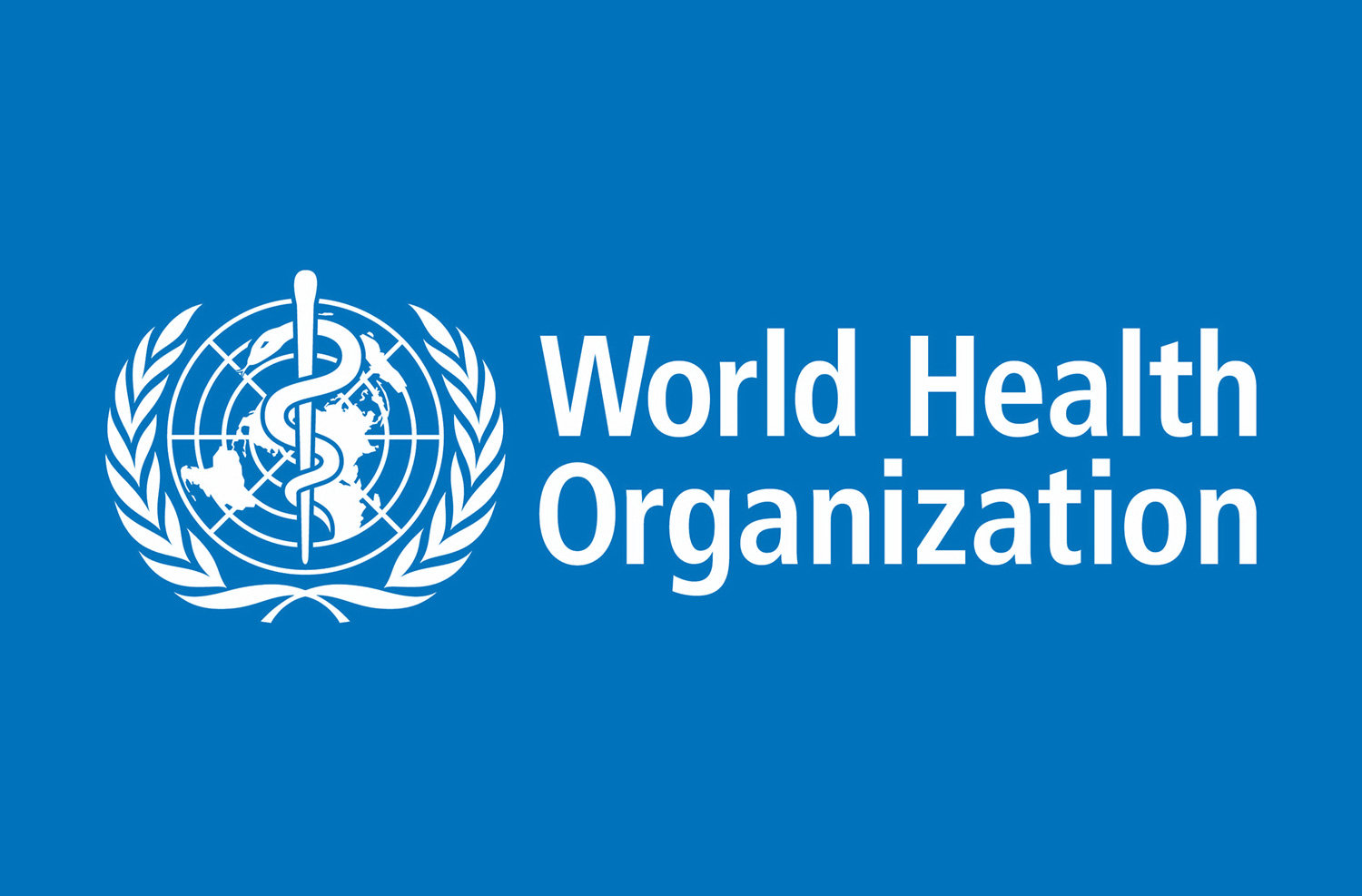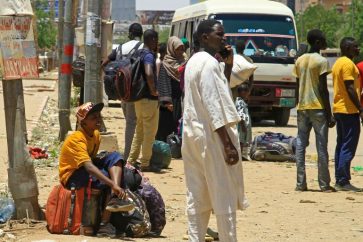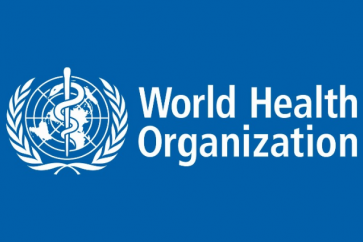The World Health Organization [WHO] designated a new coronavirus strain detected in South Africa as a “variant of concern”, prompting countries around the world to impose travel restrictions amid fears over its potential spread.
A WHO advisory panel on Friday said early evidence shows the new B.1.1529 variant, which it dubbed Omicron after a letter in the Greek alphabet, poses an increased risk of reinfection compared with other highly transmissible strains.
Global authorities reacted with alarm to the emergence of Omicron, which was first found in South Africa and has since been detected in Belgium, the ‘Israeli’ occupation entity, Botswana and Hong Kong.
The European Union and the United Kingdom have imposed restrictions on travelers from several countries in southern Africa as researchers seek to find out if the mutation was vaccine-resistant, while the United States announced that similar curbs would begin on Monday.
Maria Van Kerkhove, the WHO’s COVID-19 Technical Lead, said on Friday that Omicron was designated as a “variant of concern” because it has some “worrying” properties.
“It has a large number of mutations and some of these mutations have some worrying characteristics,” Van Kerkhove said in a video posted on Twitter. She added that multiple studies are under way in South Africa and other countries to better understand the severity, transmissibility and characteristics of Omicron, however.
The WHO also said it is likely to take weeks to determine how effective current COVID-19 vaccines are against the variant.
Helen Rees, chair of the WHO’s African Regional Immunization Technical Advisory Group, said scientists still do not know enough about the new variant to begin sounding the alarm – and cautioned against jumping to any conclusions.
Source: Agencies




